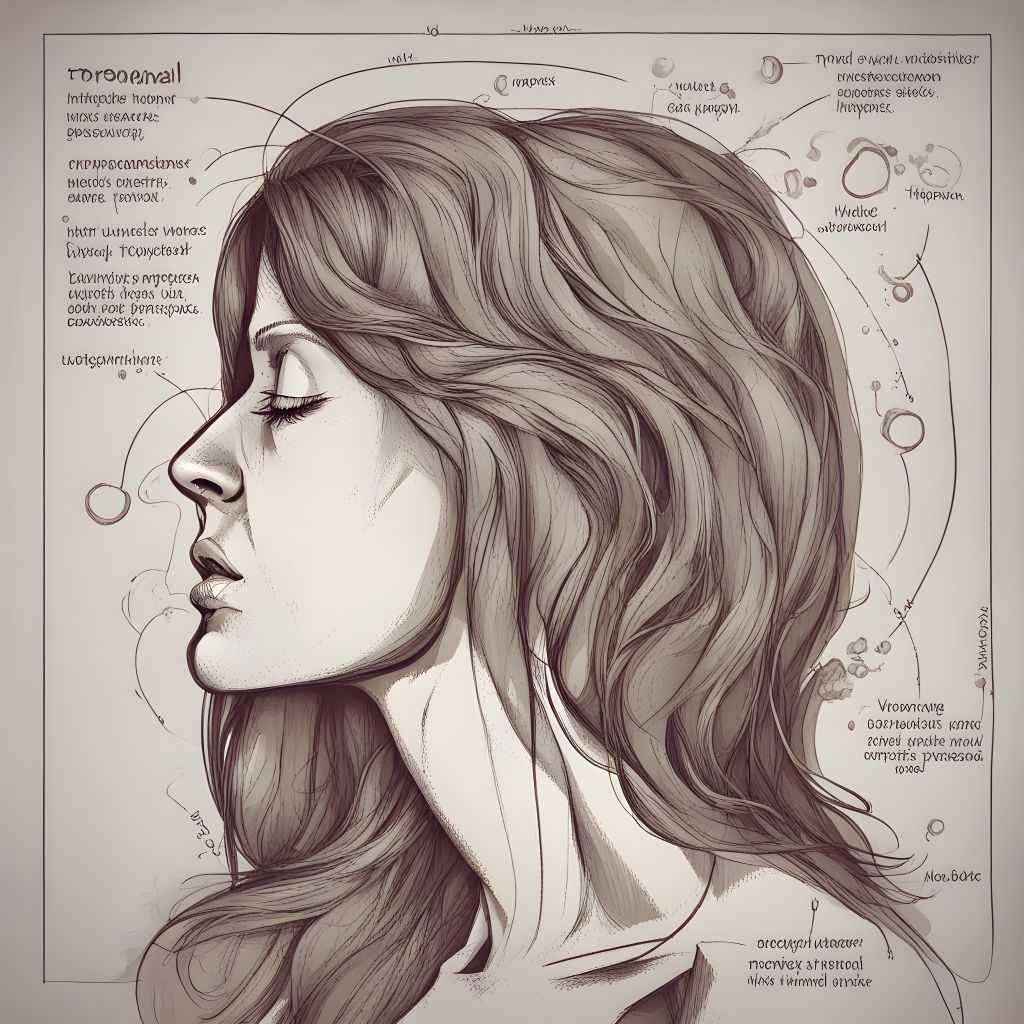Illnesses, Pharmaceuticals
Hormonal Imbalances and Their Profound Impact on Depression
Depression, a global menace that impacts millions daily, boasts a complex web of causes, both physiological and psychological. A lesser-known but increasingly researched cause is hormonal imbalances. With a surge in medical findings, including notable insights from the Royal College of Psychiatrists, the relationship between our body’s chemical messengers and our mental well-being has come into sharper focus. This article dives deep into this intricate intersection.
Hormones: The Silent Regulators of Our Well-being
Produced by our endocrine glands, hormones are natural chemicals that are vital to a plethora of physiological processes, such as growth, metabolism, sexual function, and, most pertinently, mood regulation. Think of hormones as the body’s messengers, transmitting signals that help the body function harmoniously. A delicate equilibrium of these hormones is critical. Even a minor disruption can cause ripple effects across our mental and physical health, with depression emerging as a significant consequence.
The Pivotal Hormones in the Depression Spectrum
Though a vast array of hormones traverse our system, some play a particularly poignant role in mood and, by extension, depression.
- Estrogen: Beyond its role in reproductive health, estrogen is a mood modulator. Particularly in women, dips in estrogen levels during life events like menopause or postpartum can usher in depressive episodes.
- Testosterone: This hormone, while abundant in males, is also present in females. In men, a decline in testosterone levels during middle age can lead to symptoms that mirror depression.
- Thyroid Hormones: The thyroid, a butterfly-shaped gland in the neck, produces hormones that influence every cell in our body. An underactive thyroid can lead to hypothyroidism, which often manifests symptoms, including persistent fatigue and mood disorders such as depression.
- Cortisol: Dubbed the ‘stress hormone’, cortisol is a double-edged sword. While essential in short bursts, chronically elevated levels, especially due to persistent stress, can lead to a gamut of issues, including sleep disturbances, weight gain, and mood lows or depression.
The Impact of Life’s Hormonal Tides
Throughout our lifespan, we encounter periods of significant hormonal shifts. For women, this can include puberty, menstrual cycles, pregnancy, postpartum, and menopause. Men, though discussed less, also experience hormonal changes, often termed ‘andropause’. Conditions such as Premenstrual Dysphoric Disorder (PMDD) – a severe and debilitating form of premenstrual syndrome (PMS) – showcase the undeniable connection between hormonal changes and mental well-being.
Can Addressing Hormonal Imbalances Aid in Combating Depression?
If a hormonal imbalance is identified as a significant cause or contributor to depression, addressing it can potentially alleviate the symptoms. For example, Hormone Replacement Therapy (HRT) can prove beneficial for those grappling with depression due to menopausal transitions. However, hormone-related treatments are not without their complexities. Side effects, long-term implications, and interactions with other medications or conditions warrant consideration. Always consult a medical professional when considering such interventions.
Depression Treatment in the USA: A Multifaceted Approach
While the links between hormonal imbalances and depression are evident, they are merely a fragment of the vast depression jigsaw puzzle. Other factors, including genetics, environment, personal experiences, trauma, and various biological triggers, all intertwine in intricate patterns. In the USA, a broad spectrum of depression treatments are available, ranging from cognitive-behavioral therapy, and medication regimes, to lifestyle modifications and holistic approaches. Every individual’s journey with depression is unique, necessitating a tailored approach.
Conclusion: The Interplay of Hormones and Mental Health
As our understanding of depression deepens, the interplay between hormonal imbalances and mental health becomes more evident. Recognizing and addressing any underlying hormonal issues can be instrumental in crafting an effective, holistic treatment plan. However, this journey is often multifaceted and requires a blend of medical and psychological interventions. Regardless of the path taken, seeking professional guidance remains paramount.

